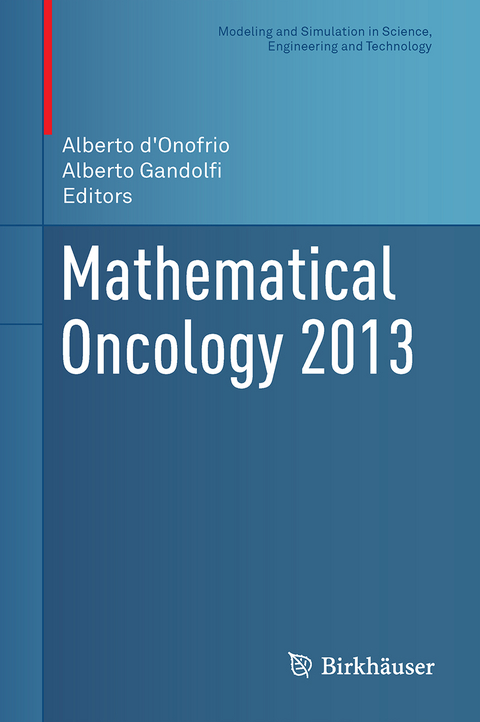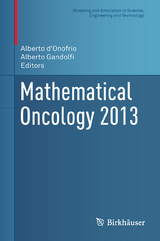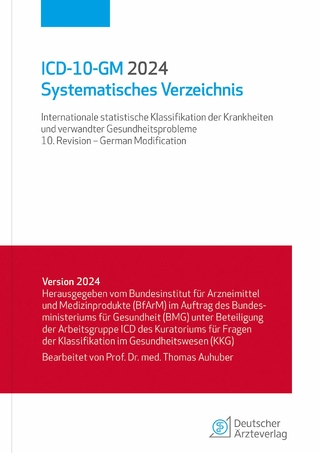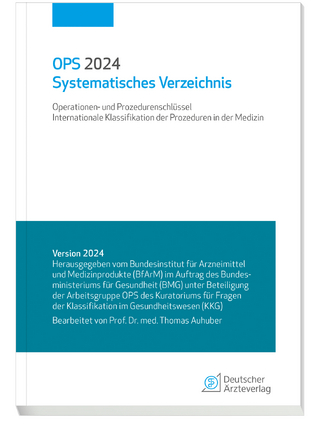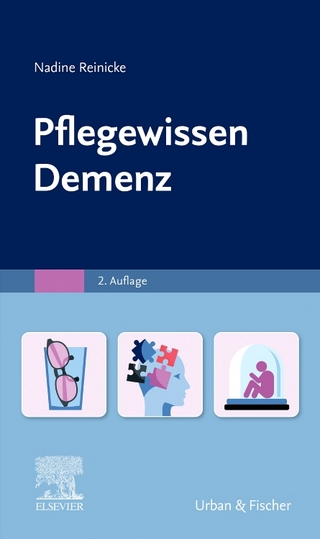Mathematical Oncology 2013
Birkhauser Boston Inc (Verlag)
978-1-4939-0457-0 (ISBN)
Tumors are complex entities that present numerous challenges to the mathematical modeler. First and foremost, they grow. Thus their spatial mean field description involves a free boundary problem. Second, their interiors should be modeled as nontrivial porous media using constitutive equations. Third, at the end of anti-cancer therapy, a small number of malignant cells remain, making the post-treatment dynamics inherently stochastic. Fourth, the growth parameters of macroscopic tumors are non-constant, as are the parameters of anti-tumor therapies. Changes in these parameters may induce phenomena that are mathematically equivalent to phase transitions. Fifth, tumor vascular growth is random and self-similar. Finally, the drugs used in chemotherapy diffuse and are taken up by the cells in nonlinear ways.
Mathematical Oncology 2013 will appeal to graduate students and researchers in biomathematics, computational and theoretical biology, biophysics, and bioengineering.
Alberto d'Onofrio is the Research Group-Leader TT in the Department of Experimental Oncology at European Institute of Oncology, Milan, Italy Alberto Gandolfi is the Research Director of the Mathematical Modeling in Biology and Medicine at the Institute of Systems Analysis and Computer Science "Antonio Ruberti", Milan, Italy.
Part I: Cancer Onset and Early Growth.- Modeling spatial effects in carcinogenesis: stochastic and deterministic reaction-diffusion.- Conservation law in cancer modeling.- Avascular tumor growth modeling: physical insight in skin cancer.- Part II: Tumor and Inter-Cellular Interactions.- A cell population model structured by cell age incorporating cell-cell adhesion.- A general framework for multiscale modeling of tumor–immune system interactions.- The power of the tumor microenvironment: a systemic approach for a systemic disease.- Part III: Anti-Tumor Therapies.- Modeling immune-mediated tumor growth and treatment.- Hybrid multiscale approach in cancer modelling and treatment prediction.- Deterministic mathematical modelling for cancer chronotherapeutics: cell population dynamics and treatment optimization.- Tumor Microenvironment and Anticancer Therapies: An Optimal Control Approach.
| Reihe/Serie | Modeling and Simulation in Science, Engineering and Technology |
|---|---|
| Zusatzinfo | 78 Illustrations, color; 18 Illustrations, black and white; X, 334 p. 96 illus., 78 illus. in color. |
| Verlagsort | Secaucus |
| Sprache | englisch |
| Maße | 155 x 235 mm |
| Themenwelt | Informatik ► Weitere Themen ► Bioinformatik |
| Mathematik / Informatik ► Mathematik ► Angewandte Mathematik | |
| Medizin / Pharmazie ► Medizinische Fachgebiete ► Onkologie | |
| Naturwissenschaften ► Physik / Astronomie ► Angewandte Physik | |
| ISBN-10 | 1-4939-0457-4 / 1493904574 |
| ISBN-13 | 978-1-4939-0457-0 / 9781493904570 |
| Zustand | Neuware |
| Haben Sie eine Frage zum Produkt? |
aus dem Bereich
